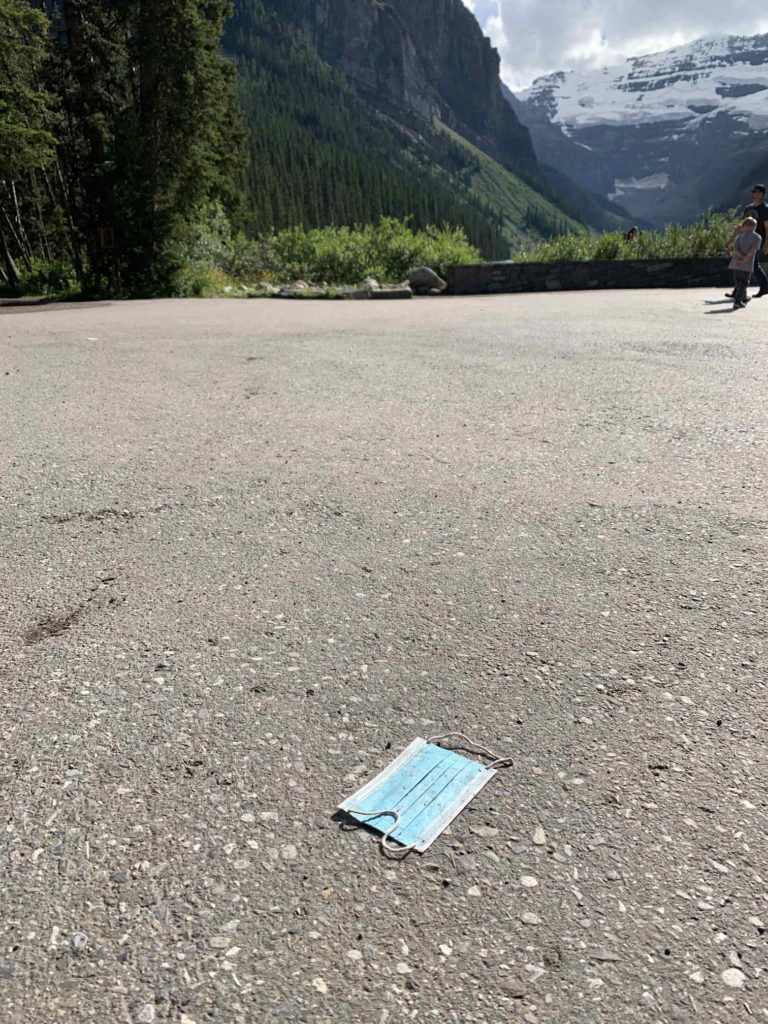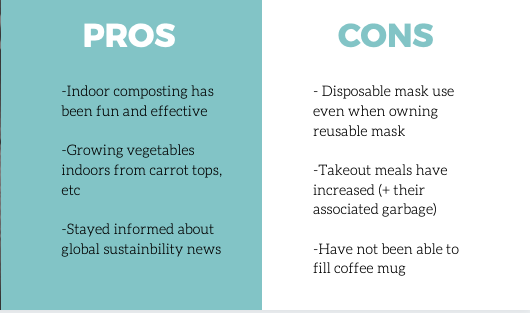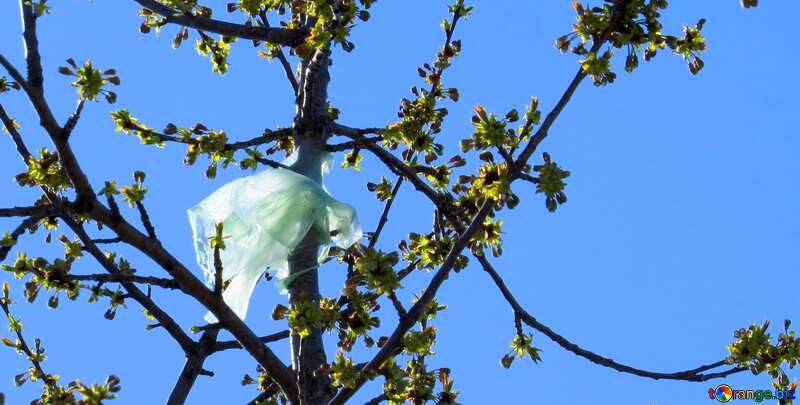COVID-19 has changed almost everything in our lives this past year. We have experienced change in jobs, friendships, social lives, family, and our financial situations. A lot of us who work hard to be environmentally conscious have felt the need to make compromises during this pandemic in our attempt to put safety over sustainability. These changes were made with good heart, but now is the time to continue our progress, and keep advocating and practicing sustainable methods when we can.
This pandemic has brought to light that conflicts can arise between social sustainability and environmental sustainability. Environmental sustainability is almost always the first thing you imagine when you hear ‘sustainability’. It includes hot topics like plastics, oil spills, or other things that physically affect our Earth. Social sustainability is a less discussed aspect of sustainability that includes protecting culture, education, or other big picture issues. It often includes a global perspective that includes people, not just the planet.
Social sustainability has taken precedence in light of the pandemic. We have shut down our economy, our social lives, and sometimes even our work in order to preserve our people and our culture. We emphasize the importance of our elders and those who are most at risk. It has been admirable how much compassion society has shown. However, as we begin to reopen, environmental sustainability starts to creep back into the spotlight. We are starting to see masks on the ground and gloves in our waterways. Our garbage at home is full of delivery meal packaging and single-use items. We go to fill our coffee mugs and discover there are now disposable cups only. Our lifestyles have changed, almost without us noticing, and we are ready to take that responsibility back and put it at the forefront.

What can the average citizen do about this? After all, it cannot be expected that sustainable practice should be held over public health. And yet in discussion, public health circles back to sustainable practice. It is confusing, both in terms of information and morals. However, we must remind ourselves that we are just one person. We do what we can. We change what we are able to. We can change our COVID habits, within reason and while being compassionate to ourselves.
The change we need stems simply from introspection. How has your life, personally, changed? What sustainable initiatives had you worked hard on, and now lost progress on? On the other side of things, what accomplishments have you made during this time at home? What have you been managing to do more sustainably than before?
My list looks a bit like this:

I start from the accomplishments, things I would not have had time for or thought of before. For me, this includes things like upsizing my worm composting system, or growing celery from the celery stump. It reminds me of the fun things I have been able to do, and reinforces the motivation for doing them. Then, I move to the things I have been unhappy about. For me, this includes using a freely available disposable mask instead of digging up my reusable one. This one is entirely on me. It also includes some things I have no control over, like Tim Hortons not accepting mugs for refills. This sits a little better with me, as I did try, but is still something I am wishing will improve.
Take the things that are in your control and brainstorm. Why am I choosing a disposable mask over a reusable one? Do I need to invest in a better mask, rather than the one I haphazardly made at home? The answer is probably yes, and would reduce both my discomfort and consumption. For you, this may be ordering more takeout than you would like, throwing out leftovers that you’re not in the mood for, or any other bad habits you’ve gotten into. It’s totally understandable that you’ve gotten out of your sustainable groove, but it only takes some reflection to get back into it.
The things you can’t control are a little trickier. For example, using plastic bags at the grocery store is something that is easily remedied by bringing reusable bags. However, many stores stopped accepting reusable bags, and some still have not allowed them back. Accumulating plastic bags is not something that sits well with me, but it has still happened. So what can we do about it? Let’s connect back to social sustainability. How can we reuse these bags to make our society a little better? Plastic bags can be donated to food banks or zero-waste groups for others to make use of. You can find many crafts on the internet to use these bags for, such as placemats. If reuse is not feasible, bags can be used to clean out your cat’s litter box, take your garbage out in one instead of buying bags, or numerous other replacements. Finally, plastic bags can be put in for recycling at many stores or eco-stations. There are many ways to make use out of the things we never wanted. When life gives you lemons, right?

Finally, advocate where you can for the reopening of sustainable practices. Ask your local store if you can bring your reusable bag if you pack it yourself. Ask your cafe if they will refill your mug if you take off the lid. Keep pushing for straw bans, or whatever eco-initiative is important to you. COVID-19 has not killed sustainability, it has just shuffled our priorities about.
Take some time to think about which of your habits have changed. If you have kids, ask them which of their sustainable ideas they would like to bring back. Ask your spouse if they wouldn’t mind supporting you breaking one of your COVID habits. We are all in this together, and we can gradually return to our pre-COVID sustainable push.

